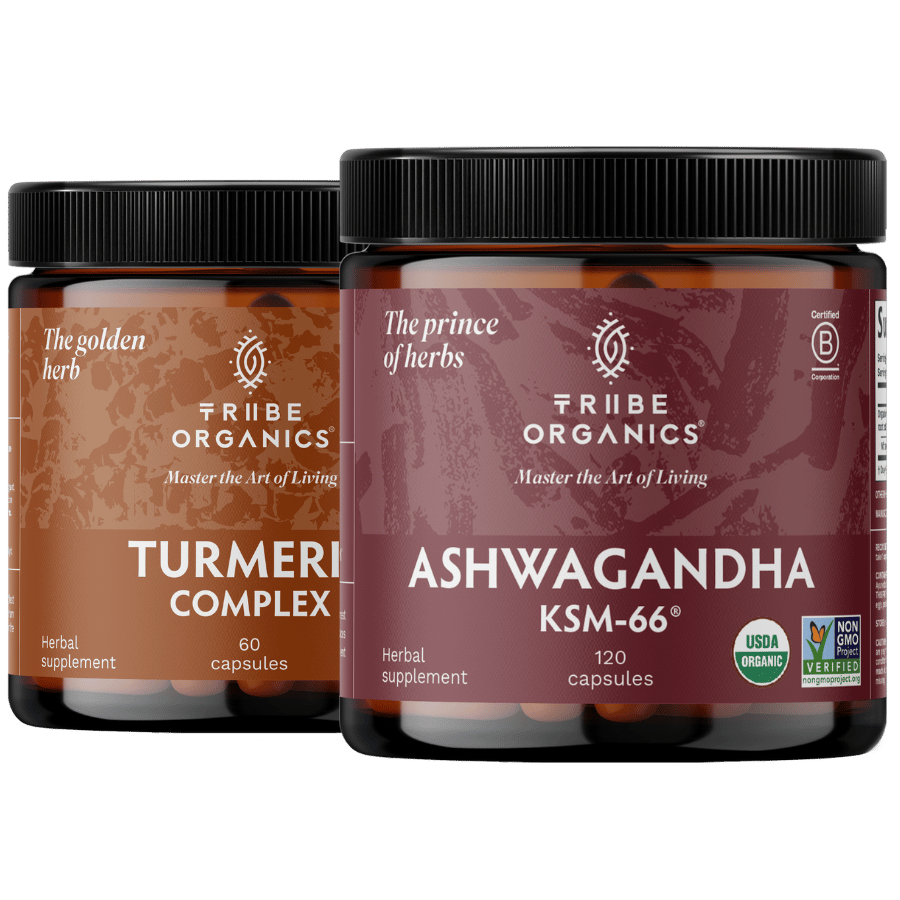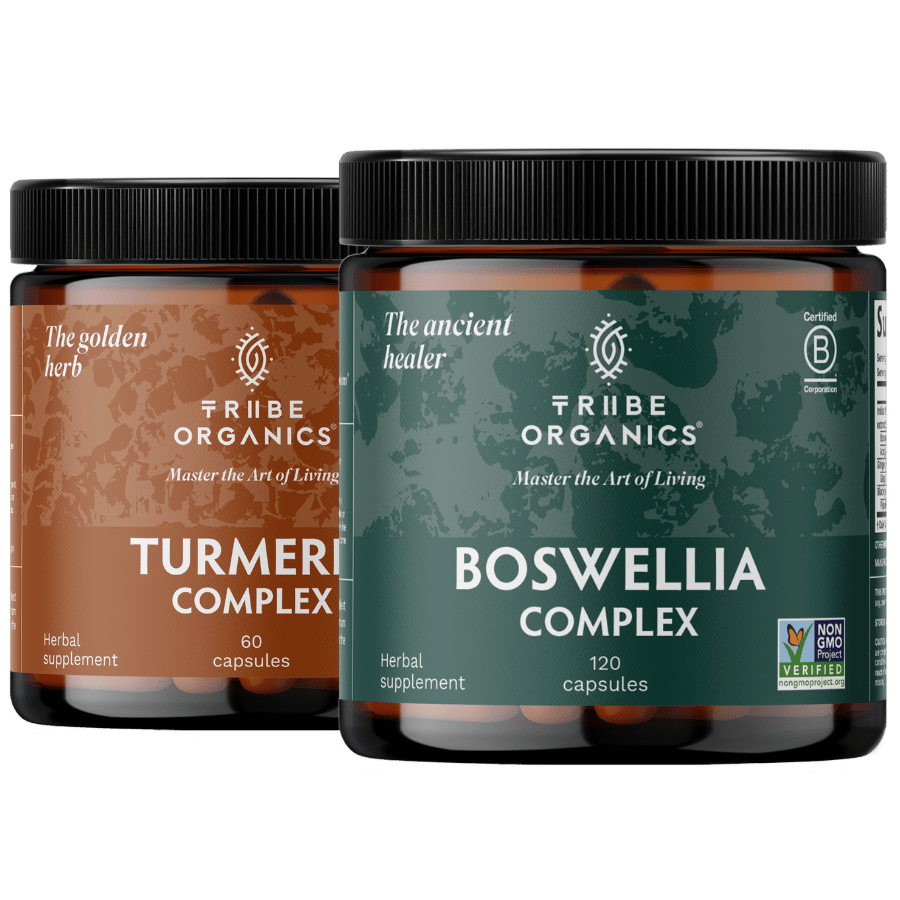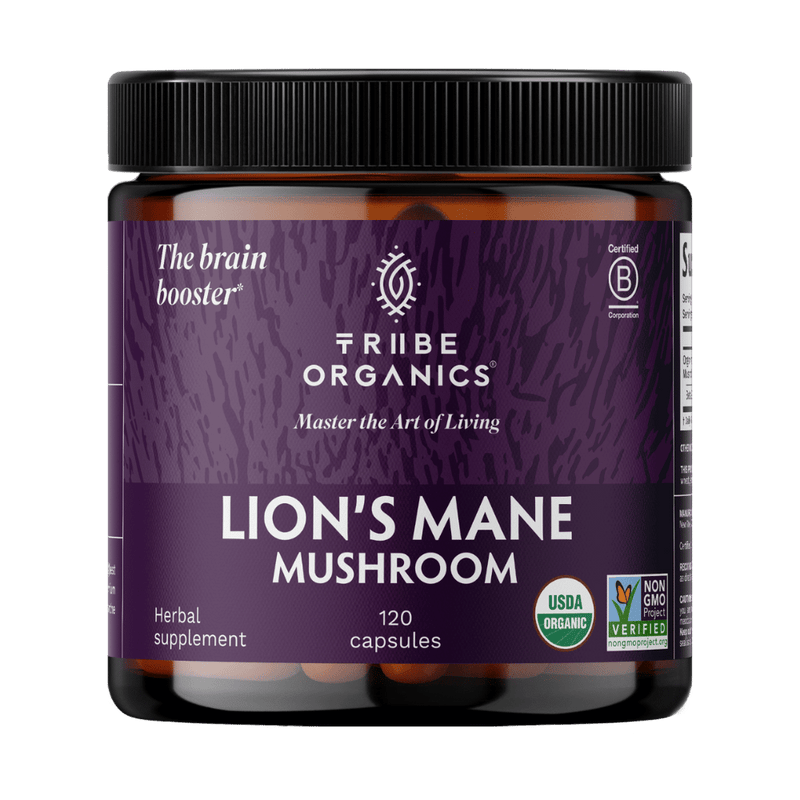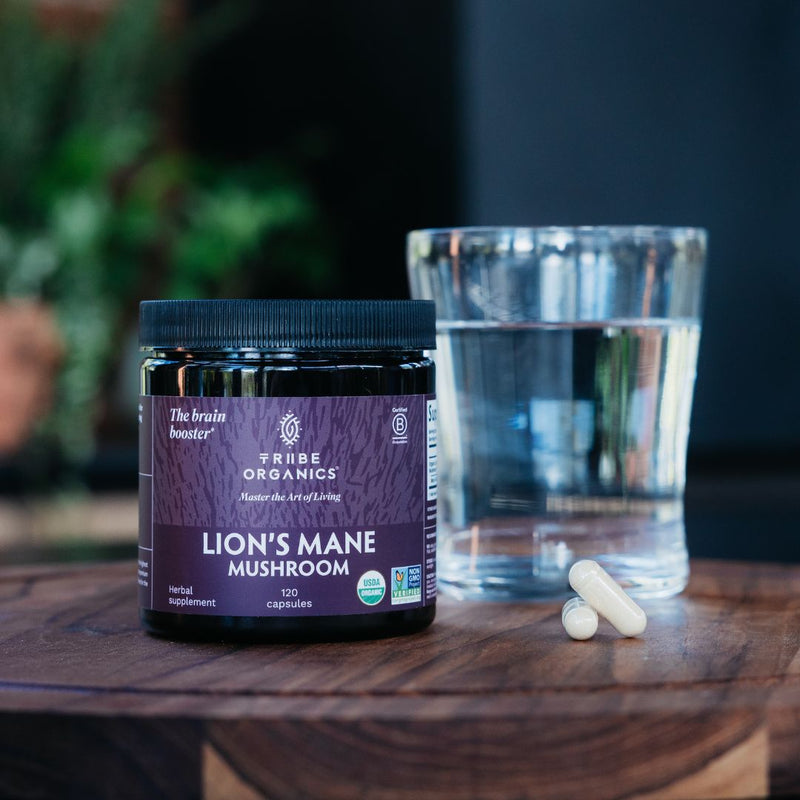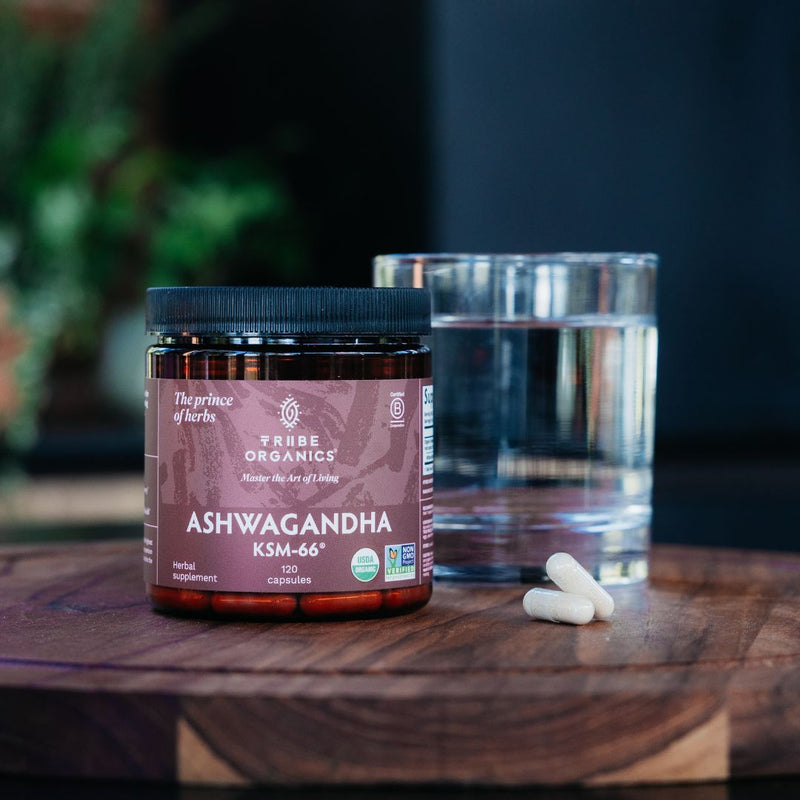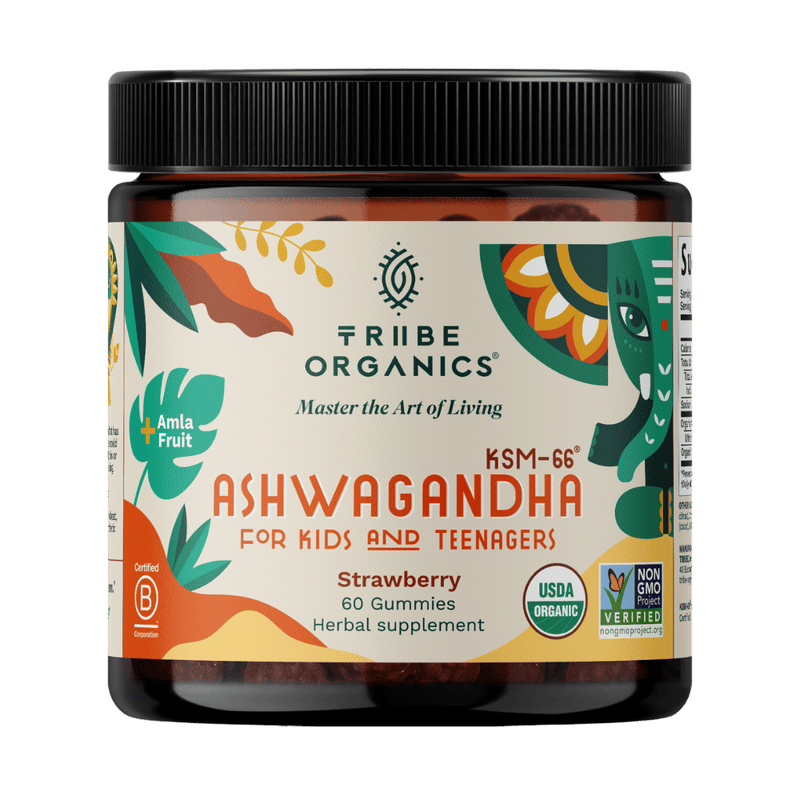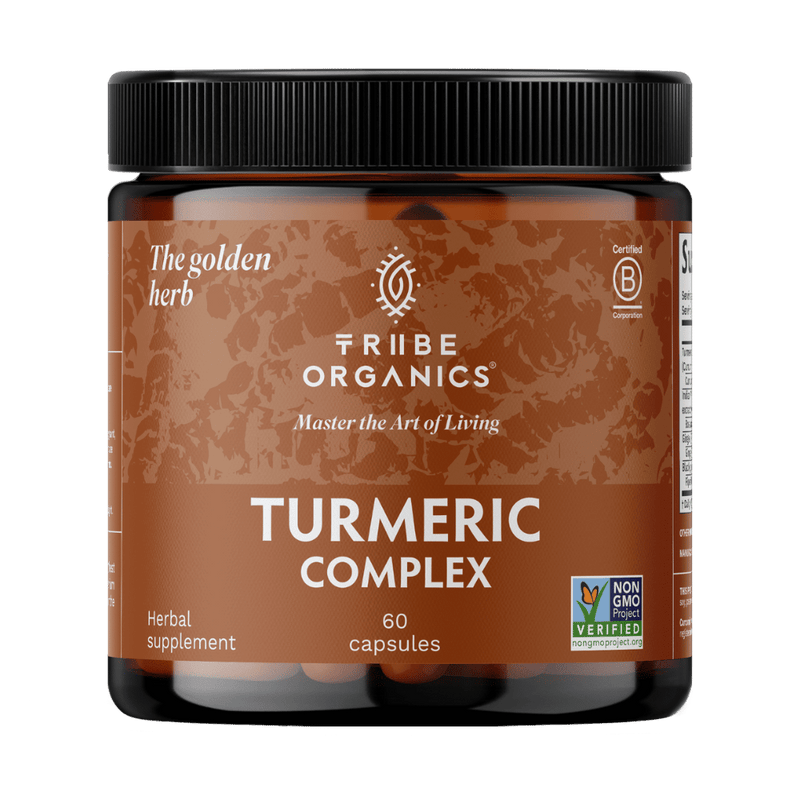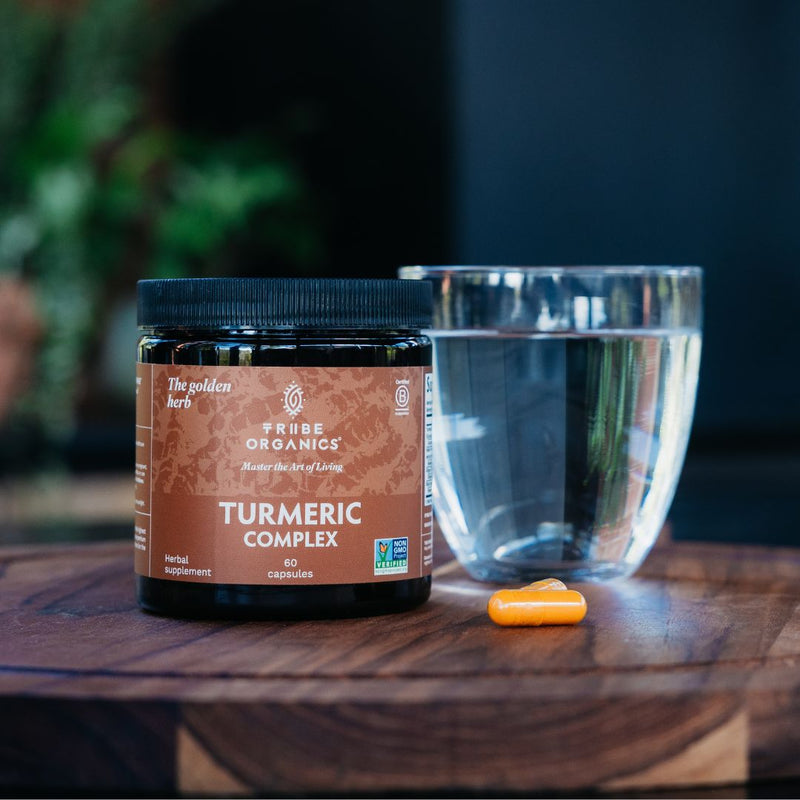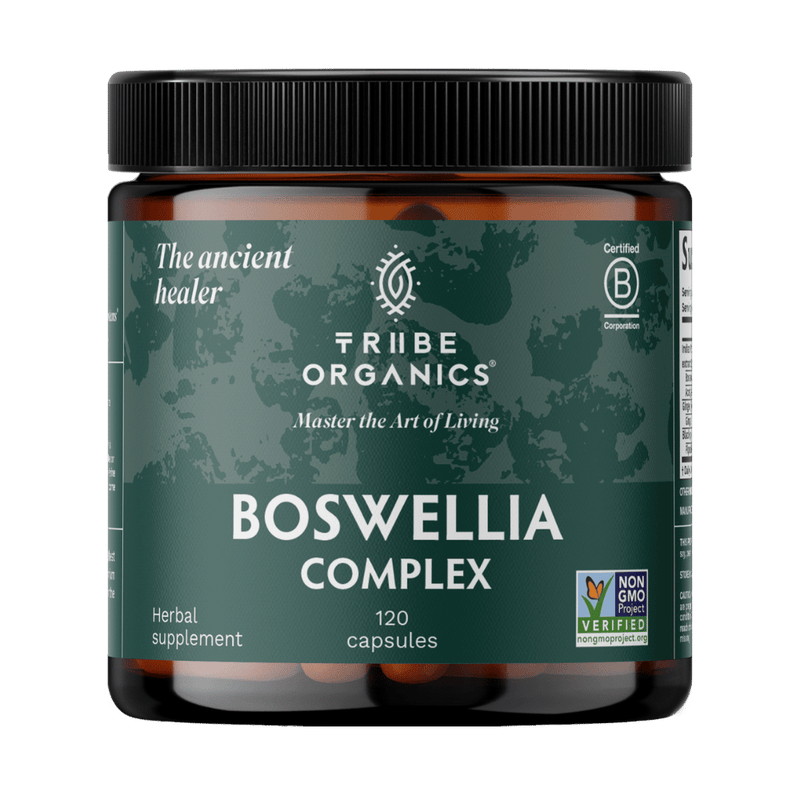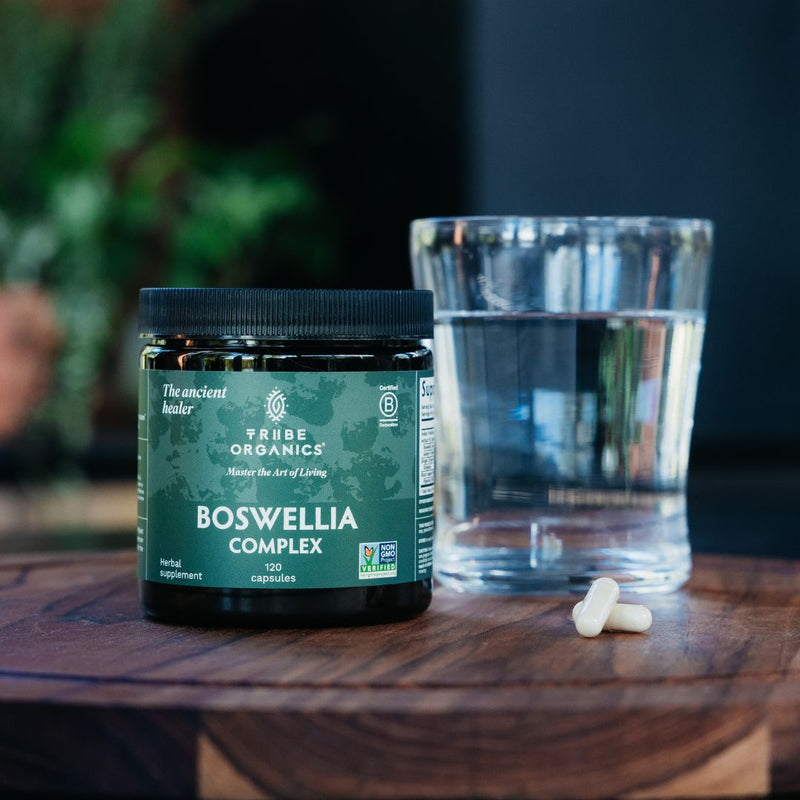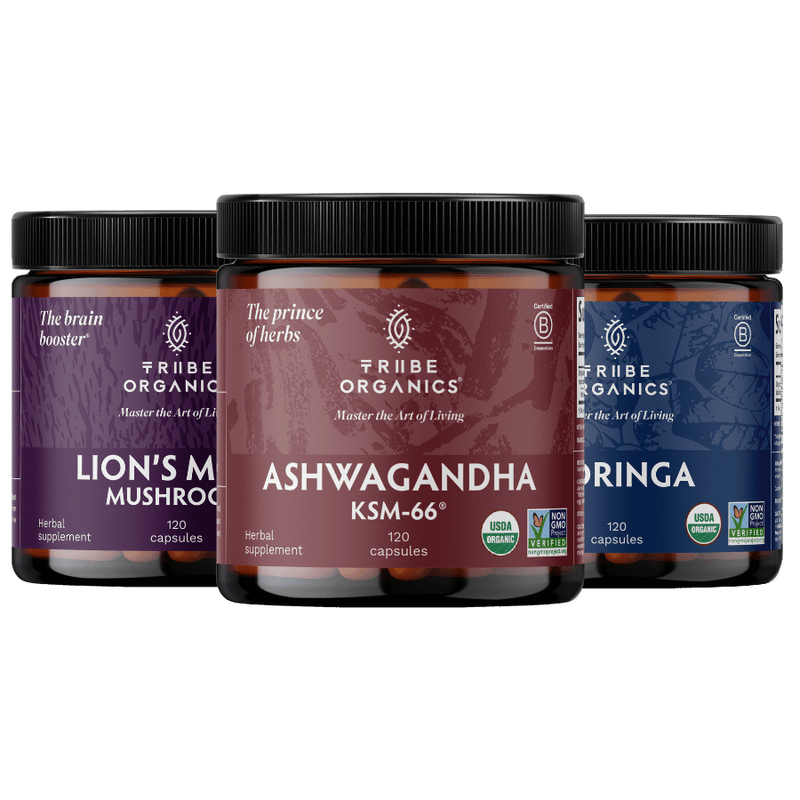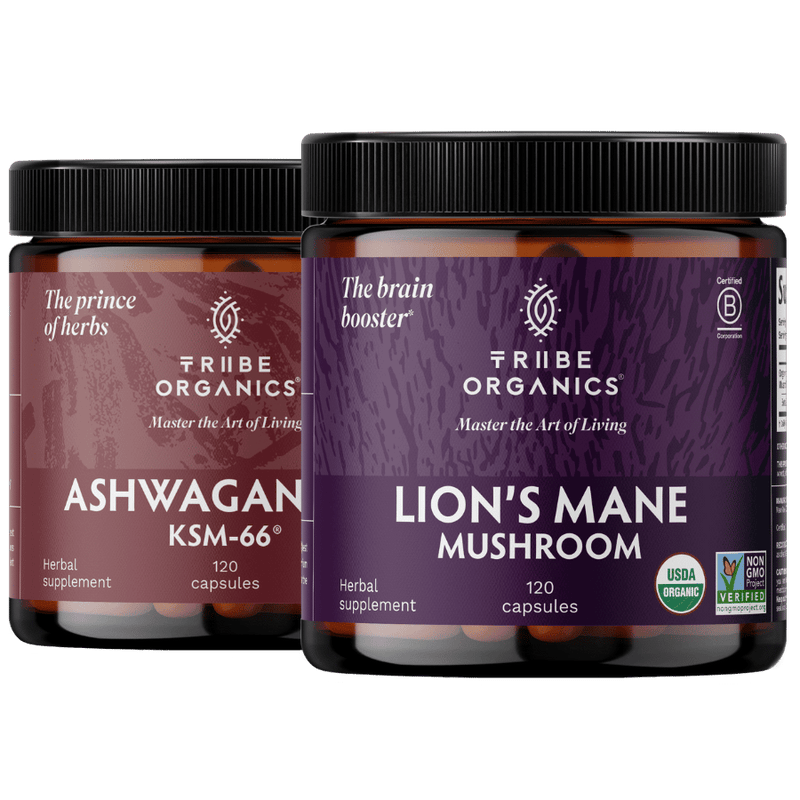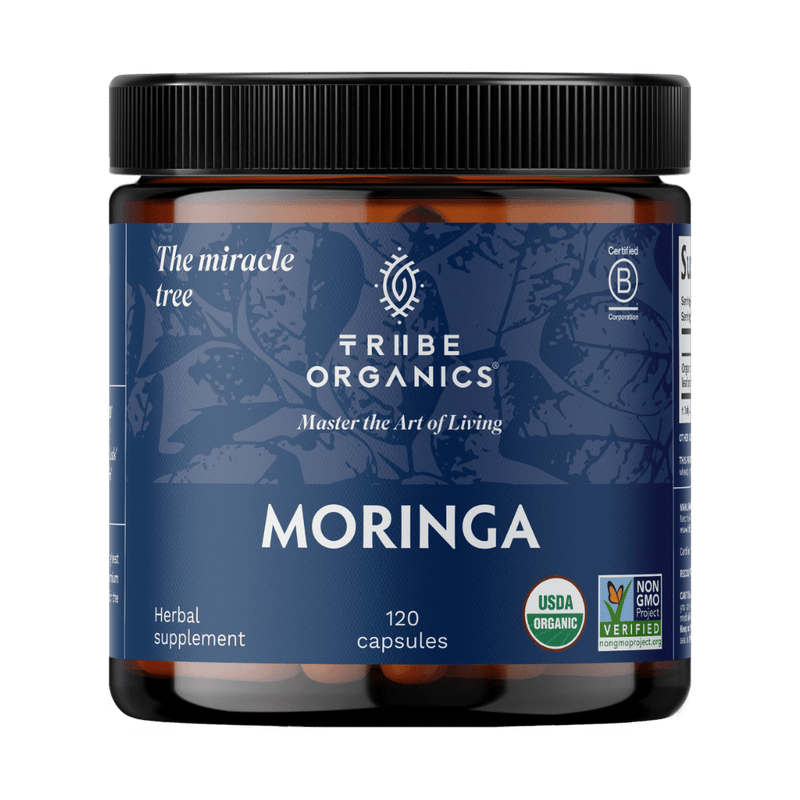Hashimoto’s Disease is a common autoimmune condition caused by autoantibodies that attack the thyroid gland and prevent it from producing enough thyroid hormone. The condition is also known as chronic lymphocytic thyroiditis, immune-mediated thyroiditis, or Hashimoto’s thyroiditis.
It affects about 5% of the population and is more common in women than men. The disease tends to develop in people with a family history of autoimmune diseases and those who are genetically susceptible to developing one.
Autoimmune conditions are caused by an overactive immune system that attacks its body tissues, mistaking them for foreign invaders. This article explores some natural supplements that may benefit those living with Hashimoto's disease.

What is Hashimoto’s Disease?
The thyroid gland is located in the lower front of the neck and produces essential hormones that regulate metabolism and other vital bodily functions. When people with Hashimoto’s disease don’t receive proper treatment, they may experience some or all of the following symptoms:
- Fatigue
- Feeling Lethargic
- Sleeping Too Much
- Sleeping Too Little
- Difficulty Concentrating And Focusing
- Muscle And Joint Aches
- Weight Gain Or Difficulty Losing Weight
- Dry And Brittle Hair And Nails
- Depression
- Anxiety And/Or Mood Swings
- High Cholesterol
- Unexplained Infertility
- High Blood Pressure
Managing Your Autoimmune Disease
If you’ve been diagnosed with Hashimoto’s, one of your goals will likely be to manage your symptoms and prevent further damage to your thyroid and other organs. If you’re in the early stages of the disease, you may be able to reverse its effects with proper treatment.
If you’ve been living with it for years or have been diagnosed with other autoimmune diseases, it may be more challenging to reverse the damage, but there are still things you can do to ease your symptoms and prevent further progression.
Gluten and Autoimmunity
Gluten is a protein found in wheat, oats, barley, and rye that may trigger inflammation in the gut and lead to autoimmune diseases like Hashimoto’s. Gluten intolerance may be the root cause of Hashimoto’s disease in people without a family history of this condition.
If you have Hashimoto’s disease, you should consider ruling out gluten as a culprit by adopting a gluten-free diet for a few weeks. If you notice an improvement in your symptoms, you’ll know that gluten is the source of your problems.
In addition to Hashimoto’s disease, gluten intolerance may cause or worsen other autoimmune conditions like rheumatoid arthritis, psoriasis, and type 1 diabetes.
Turmeric
Curcumin, the Indian spice turmeric's active ingredient, has shown promise as a natural treatment for Hashimoto’s disease. In a study of 60 people with Hashimoto’s disease, one group took 3 g of Turmeric daily, while the other took a placebo (an inactive substance).
After six months, the turmeric group experienced significant improvements in their symptoms compared to the placebo group. Turmeric also appears to help prevent the development of autoimmune diseases.
Vitamin D
People with Hashimoto’s disease who have low vitamin D levels are more likely to experience symptoms than those with normal vitamin D levels. In one study, people with low vitamin D levels were given supplements. After two months, their symptoms improved, as did their laboratory test results.
Vitamin D plays a vital role in regulating the immune system. People with Hashimoto’s disease who have low vitamin D levels may be more likely to experience an autoimmune reaction.
Ashwagandha
Ashwagandha is a natural supplement derived from an Indian plant. This plant has been used as a medicinal herb in Ayurvedic medicine for thousands of years. Studies have shown that Ashwagandha may reduce the symptoms of stress and anxiety.
Stress and anxiety can worsen the immune response and thyroid hormone production in people with Hashimoto's disease. Also, people with autoimmune diseases like Hashimoto's disease have a higher chance of getting depressed.
A study found that Ashwagandha is as effective as the common antidepressant medication escitalopram.
Boswellia
Boswellia is a natural herb that has been used for more than 3,000 years to treat inflammatory diseases such as arthritis and asthma. In people with Hashimoto’s disease, the immune system mistakenly attacks the thyroid gland and causes inflammation.
A study found that Boswellia is as effective as the nonsteroidal anti-inflammatory drugs (NSAIDs) indomethacin and diclofenac when treating irritability, fatigue, and depression in people with Hashimoto’s disease.
B vitamins
B vitamins are essential vitamins that are required for metabolism. In people with Hashimoto’s disease, the immune system attacks the thyroid gland and impairs its ability to produce enough thyroid hormone.
The result is symptoms such as fatigue, weight gain, and a reduced ability to handle stress. One study found that giving people with Hashimoto’s disease a daily B vitamin supplement improved the symptoms of the disease.
Although more research is needed, the benefits of B vitamin supplementation may outweigh any risks for people with Hashimoto’s disease. B vitamins can be taken as a natural supplement or in the form of a multivitamin.
Omega-3 Fatty Acids
Omega-3 fatty acids are essential fats that the body cannot produce on its own. While the benefits of these essential fats are well documented, many people with Hashimoto’s are deficient in them.
This is especially true if you’re following a low-fat diet or avoiding fatty meats like lamb and salmon, which are rich in omega-3s. Omega-3 fatty acids are critical for proper immune function and metabolism, and they’ve been shown to reduce inflammation.
They’re also involved in producing hormones, including thyroid hormones, which may help manage Hashimoto's disease-related hormone imbalances.
Furthermore, omega-3s are known to improve cognitive function and mood, which may help reduce the symptoms of depression.

Magnesium
Magnesium is a critical nutrient for regulating blood pressure, cellular metabolism, and DNA synthesis. It also appropriately involves the functioning of the nervous system and muscles, including the heart. More and more evidence suggests that people with Hashimoto's may also lack magnesium.
This may be due to higher rates of stress, a common trigger for Hashimoto’s. It may also result from a highly processed diet low in magnesium-rich foods like fruits and vegetables. A magnesium deficiency is associated with symptoms like fatigue, insomnia, and muscle cramps, which are common among those with Hashimoto’s.
Research also suggests magnesium supplements may improve insulin sensitivity, which may help manage blood sugar levels in those with Hashimoto’s.
Shop your Premium Herbal Dietary Supplements for Hashimoto’s Disease at TRIIBE Organics' Website
TRIIBE Organics provides herbal supplements for better health and a longer life. The company sells a variety of herbal supplements that are meant to help people with hashimoto’s disease.
The company's products are designed to improve the immune system and blood flow. All Triibe Organics supplements are formulated with 100% certified organic and vegan-friendly herbs. They're non-GMO, gluten-free, and kosher-certified, and contain no artificial ingredients or preservatives.
Visit this link and get your supplements.
We ship worldwide and have spent countless hours studying and improving our goods, and we believe you'll enjoy them.
We want you to be delighted with your purchase. Therefore, your order is fully protected by our TRIIBE Satisfaction Guarantee.
If you are dissatisfied with our products, contact us within 30 days of purchase at info@tribe-organics.com. We'll confirm your order and then let you know how to return your new, used, or broken merchandise. We will offer you a full refund whenever we get it. It's that easy!
Conclusion
Hashimoto’s disease is a common autoimmune condition caused by autoantibodies that attack the thyroid gland and prevent it from producing enough thyroid hormone. People with Hashimoto’s disease are often stressed or anxious because of the disease.
Supplements that reduce the effects of stress and anxiety may be beneficial to people with Hashimoto’s disease. These include Turmeric, Ashwagandha, Boswellia, and B vitamins.
Shop best sellers
Explore our collection of favorite items that have gained popularity for their quality and satisfaction.

